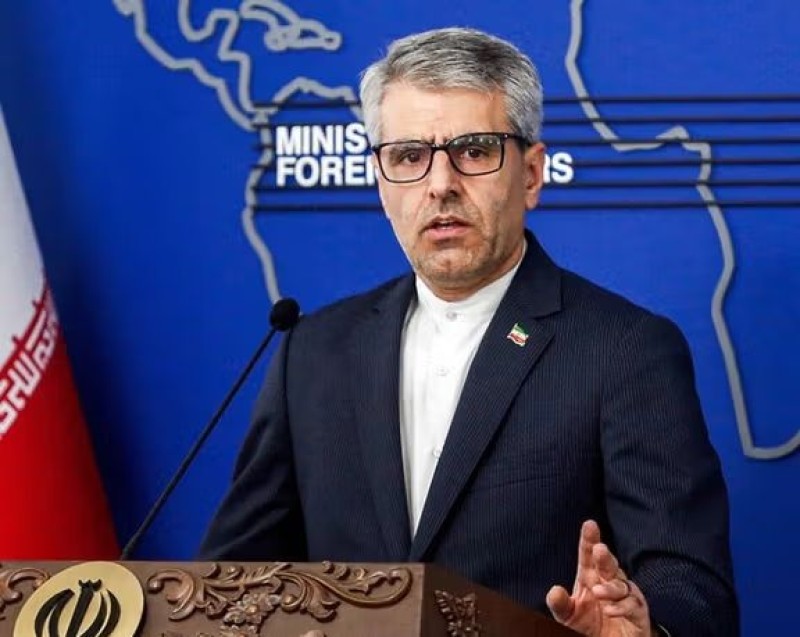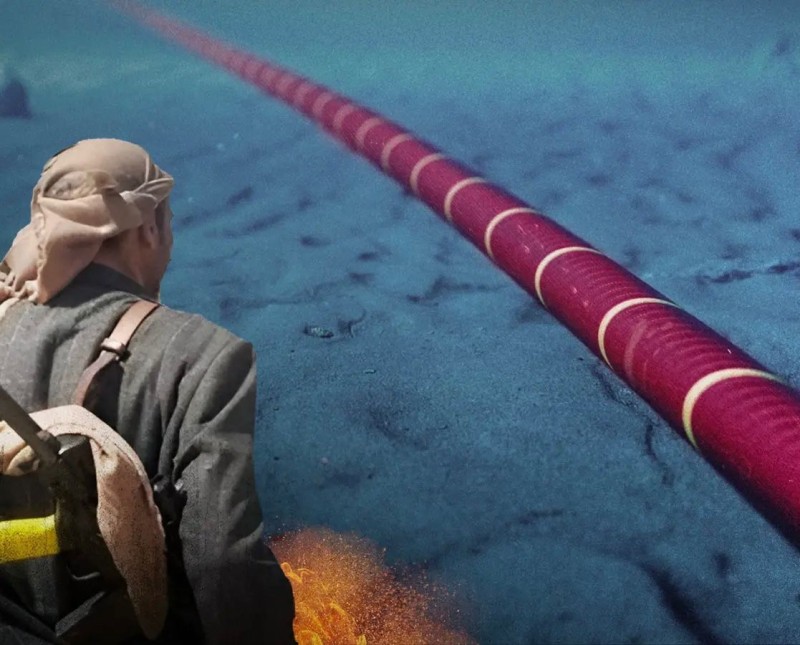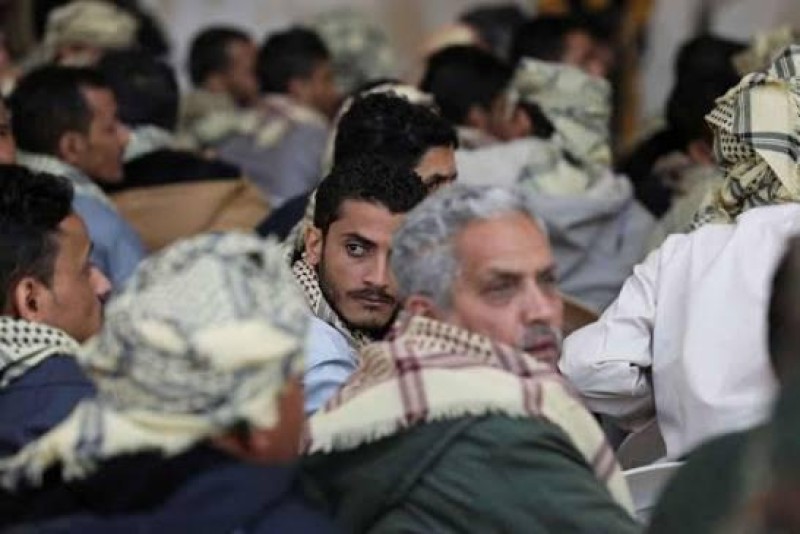Report of AIJES International on Yemen: The United Nations handed over Hodeidah to the Houthis in 2018, while currently, the rebels are targeting international shipping in red sea from inside it!


The Houthi attacks, which were launched in the Red Sea from Hodeidah Governorate, affected the strategically important waterway, which is considered a major channel for global trade and energy transfer.
Houthi attacks on commercial ships and naval assets have exacerbated tensions in the region, raising concerns about the safety of shipping and the potential for a broader conflict.
The Yemeni war broke out in March 2015 after the Houthi militia coup against the president and the legitimate government, supported by the arab coalition led by Saudi Arabia and the United Arab Emirates, against the Houthi rebels (Ansar Allah) allied and supported by Iran.
Houthi control of the Red Sea coast
The Houthis control a large part of the western coast of Yemen along the Red Sea, including the main coastal city of Hodeidah, which was enabled them to fully control former UN envoy Martin Grift, who sponsored the Stockholm Agreement between the legitimate government and the Houthi rebels, which resulted in the handing over of the strategic coastal city to the rebels. The Houthis in June 2018.
After taking over the city and controlling the port of Hodeidah, the Houthis steadily increased their naval capabilities, with support from Iran.
They began to use small boats , sea mines, and anti-ship missiles, which are currently used to target commercial and warships.
Reasons behaind Houthi attacks
The Houthis claim that they only target ships heading to Israel under the justification of stopping Gaza war .
On the other way , the Houthis view their attacks in the Red Sea as a means to gain popular support and exploit Islamic and Arab anger at the massacres committed by the Israelis against civilians in Gaza and to emerge as an influential military force in the region.
Threat to commercial shipping
Houthi attacks threat the commercial shipping passing through the Red Sea, undermining freedom of navigation and endangering maritime safety.
Increased insurance costs
The risk of attacks has led to higher insurance premiums for ships crossing the Red Sea, leading to higher costs of goods and impacting global trade.
Economic Disruption
Companies rerouting ships to avoid the Red Sea or temporarily halting operations are disrupting supply chains and negatively impacting global markets.
Escalating regional tensions: Houthi attacks have exacerbated regional tensions, raising the specter of a broader conflict involving Iran, Saudi Arabia, and other regional powers.
International response
United Nations, US , and other countries have condemned the Houthi attacks for their destabilizing effects and violations of international law.
Multinational maritime coalitions led by the United States and UK have also been formed to patrol the Red Sea and provide security for commercial shipping, in addition to bombing military targets of the Houthi militia, including a number of Missile launching pads.
Efforts to end the Yemeni war
The international community has intensified its diplomatic efforts to find a political solution to the Yemeni conflict, which is a necessary condition for addressing the threats to maritime security in the region. However, the Houthi rebels have always faced intransigence and rejection by the Houthi rebels.
Houthi threat to international shipping in the Red Sea is likely to continue as long as the war in Yemen continues under the pretext of confronting the massacres of civilians in Gaza.
Unless the situation is resolved militarily or a peaceful, negotiated settlement is reached, attacks may continue, which could escalate into a larger conflict.
It further destabilizes the region.
Declaring the Houthis a terrorist organization
The United States was forced to list the Houthi rebels as terrorist organizations in February16,2024 because they did not stop targeting commercial and warships in the Red Sea and Bab al-Mandab.
Many political experts and politicians also stressed the need for the international community support to continue pressuring the Houthis to stop their attacks while maintaining strong security measures to deter future acts of aggression.
Although some believe that a comprehensive political solution to the Yemeni civil war is the only viable long-term strategy to address the root causes of the conflict and mitigate risks to maritime security.
UN in Yemen
The role of UN envoy to Yemen, Hans Grundberg, is very weak and reflects the state of disorientation that the United Nations is experiencing in Yemen, while the United Nations expert and former envoy for human rights in Iraq, Taher Boumdra, considered that the United Nations was the one who handed over the port of Hodeidah to the Houthis under the pretext of peace and humanitarian aid after they The Yemeni legitimate forces were on the verge of liberating the city and port of Hodeidah.
The UN expert, Boumadra, added that the Houthis threaten international navigation in the Red Sea and Bab al-Mandab from the coastal city, which the United Nations refused to hand over to the legitimate forces, in a clear contradiction between the international organization’s decisions and its real dealings on the ground.
Former US Congressman and international law professor Raymond Tanter also warned during the “Peacemaking in Yemen” event held in Brussels in June 2018 that handing over the port to this Iranian-backed armed group represents a real threat to peace in the region.
In a media statement by former Foreign Minister Khaled Al-Yamani, former UN envoy Martin Grift assured him that the city of Hodeidah will be handed over to an independent, neutral force and will become a city full of development and a neutral center under the auspices of the United Nations and not affiliated with any Yemeni military party. All these promises evaporated after the signing of the Stockholm Peace Agreement, Khaled Al-Yamani says.
Houthis don't believe in peace
The Houthis continue to antagonize the international community under the slogan they always raise (Death to America, Death to Israel, Curse the Jews), which has transformed from a mere slogan into a war mechanism targeting Western and global interests, which may cause the emergence of a new base organization in a strategic region sensitive to the global economy. Especially since the American-British bombing did not actually weaken the Houthis’ military capabilities, while the Houthis declare daily their challenge to the Western coalition in the Red Sea.
In a press conference organized by the Yemeni embassy in Paris on February 15, 2024, Sheikh Fahd Al-Sharafi (ِA Yemeni politician who belongs to the same region as the leader of the Houthis in Yemen, Abdul-Malik Al-Houthi) affirmed that political solutions will not work with the terrorist Houthi group and that the solution to save Yemen from them will only be military!
This terrorist group does not believe in peace and lives only on war. They prepare children in schools to become fighters at the age of 13 and 14 years and feed them slogans of hatred and violence, Al-Sharafi added .
Al-Sharafi pointed out that the problem in Yemen and the region is the spread of the influence of the ideas of extremist religious groups, led by the Muslim Brotherhood, the other side of the Houthis ideas.

Tehran — Iranian Foreign Ministry spokesman Ismail Baghaei has voiced concern over the latest developments unfolding in Yemen, particularly i…

A new media report has revealed that Google is embarking on a major subsea cable initiative, dubbed Blue Raman, in a strategic move to establish a…

Muscat – Thousands of Yemeni families are anxiously watching the ongoing prisoner exchange talks in Muscat, Oman, hoping for a breakthrough t…